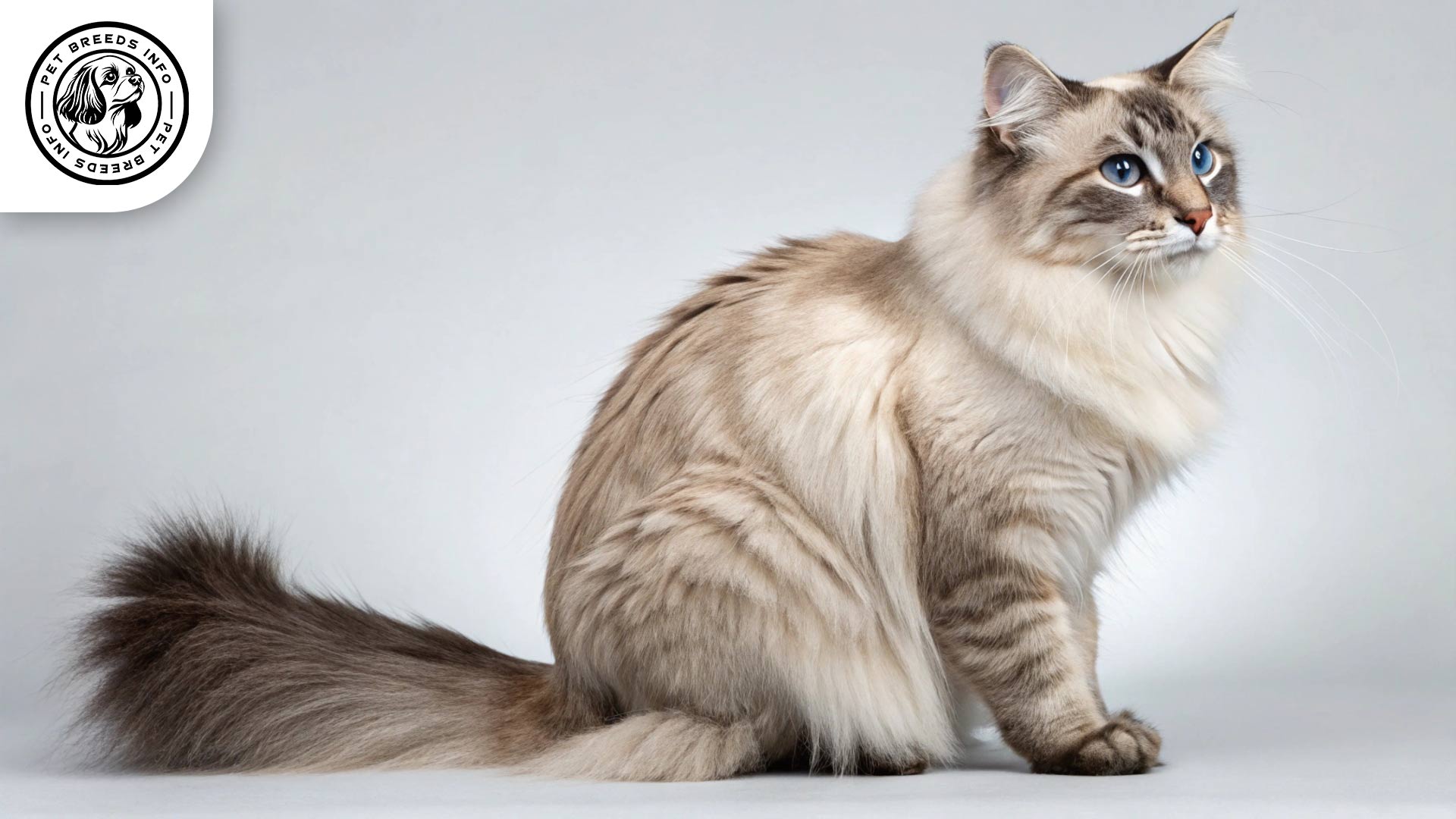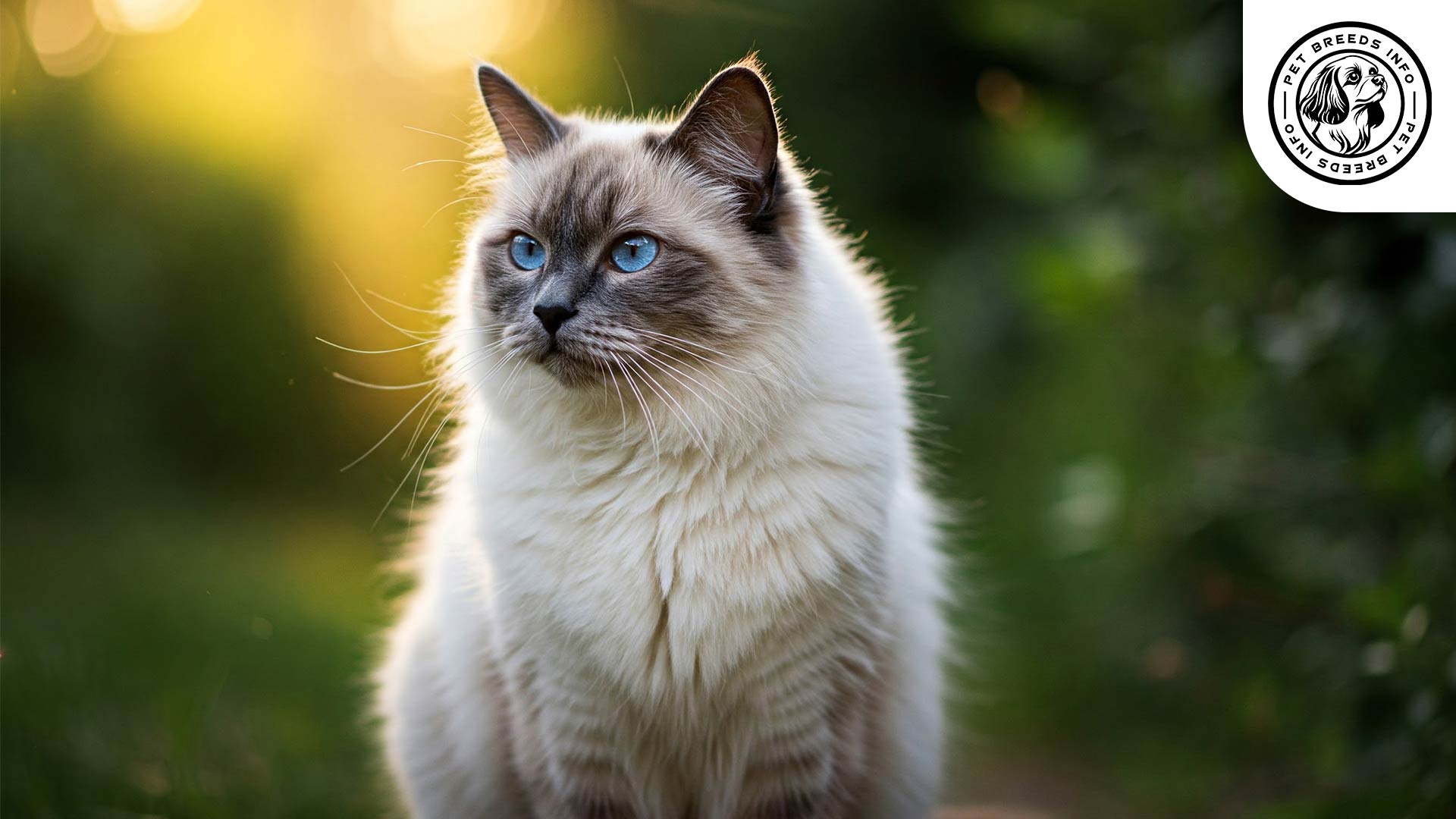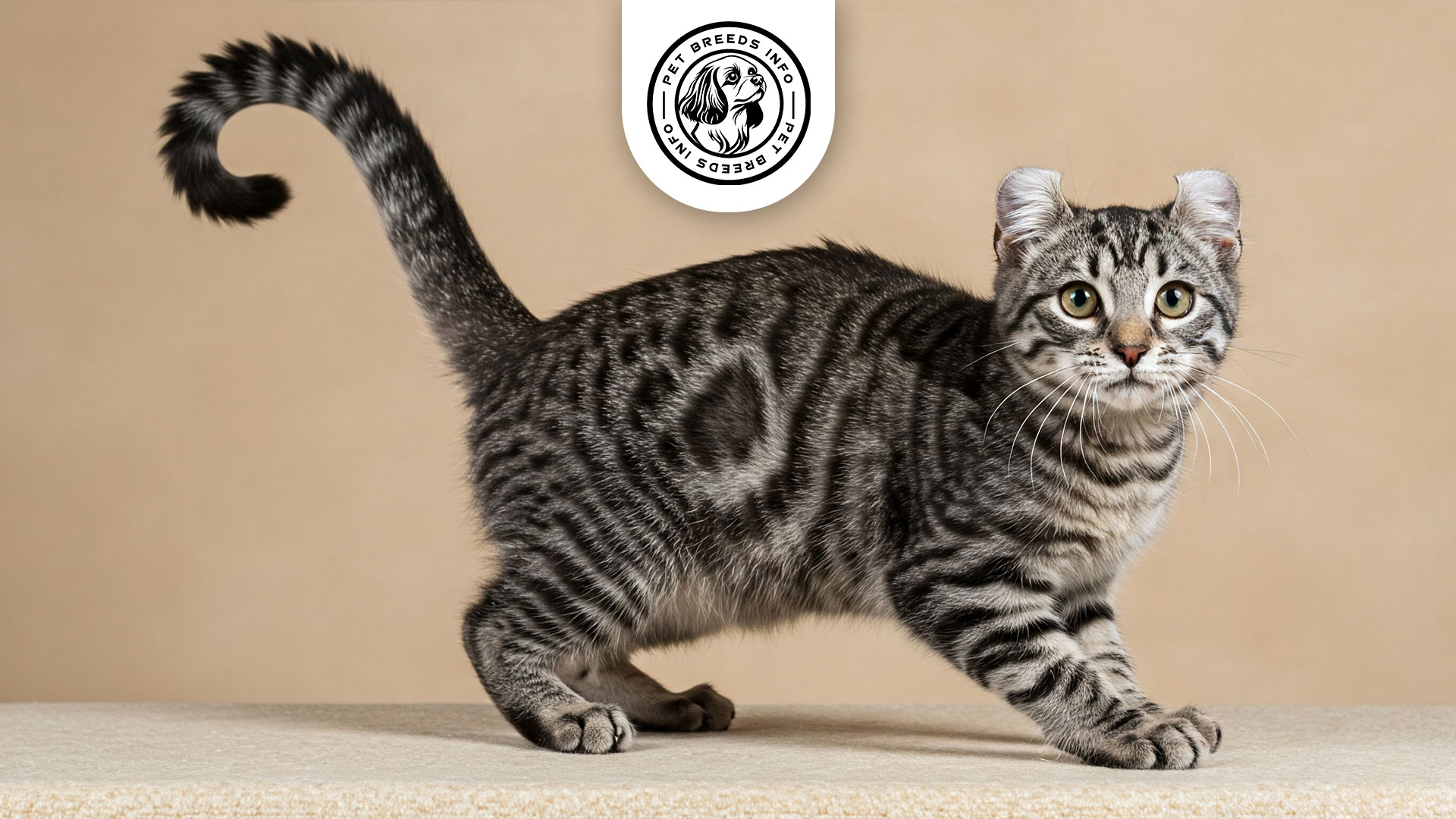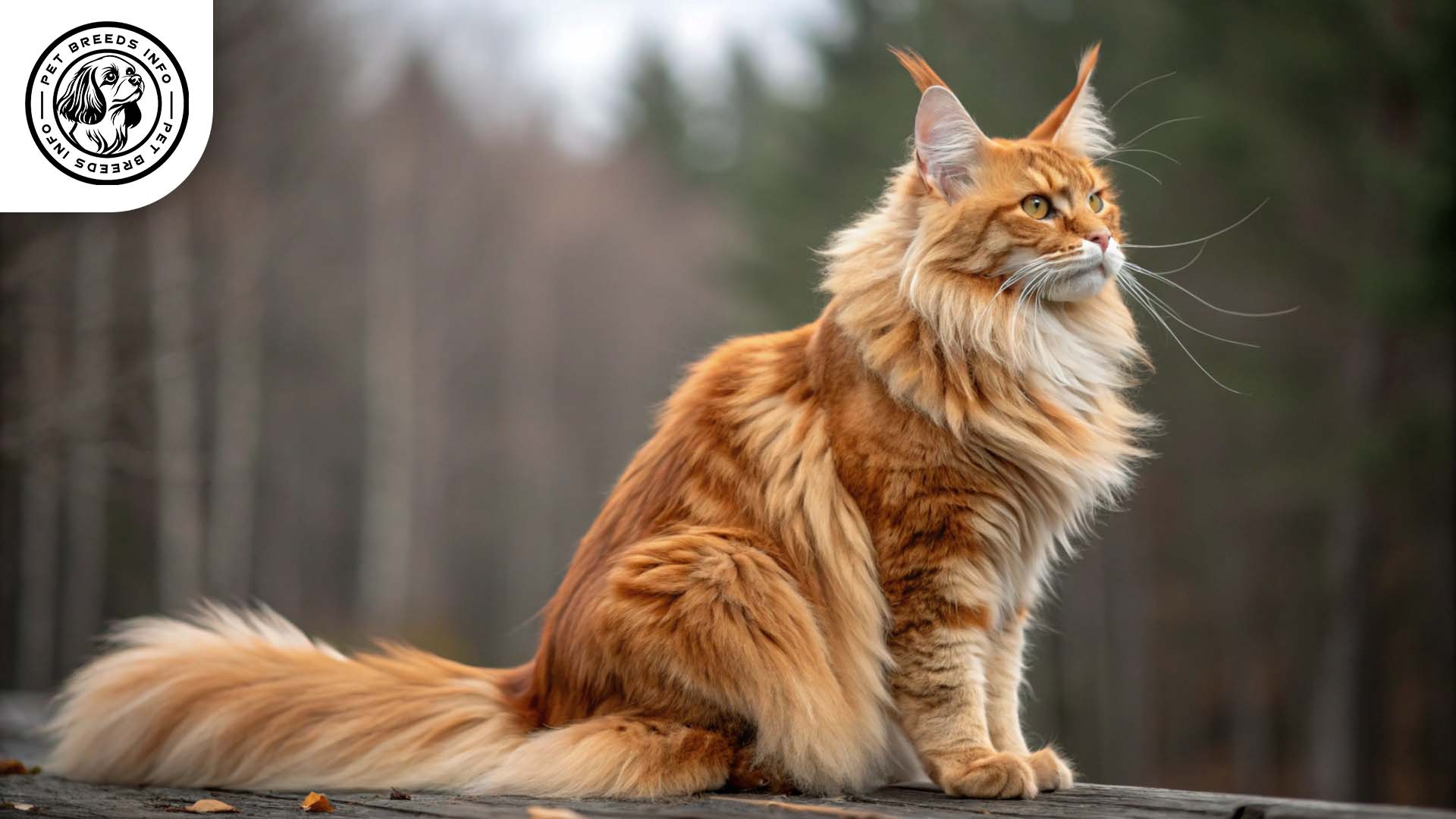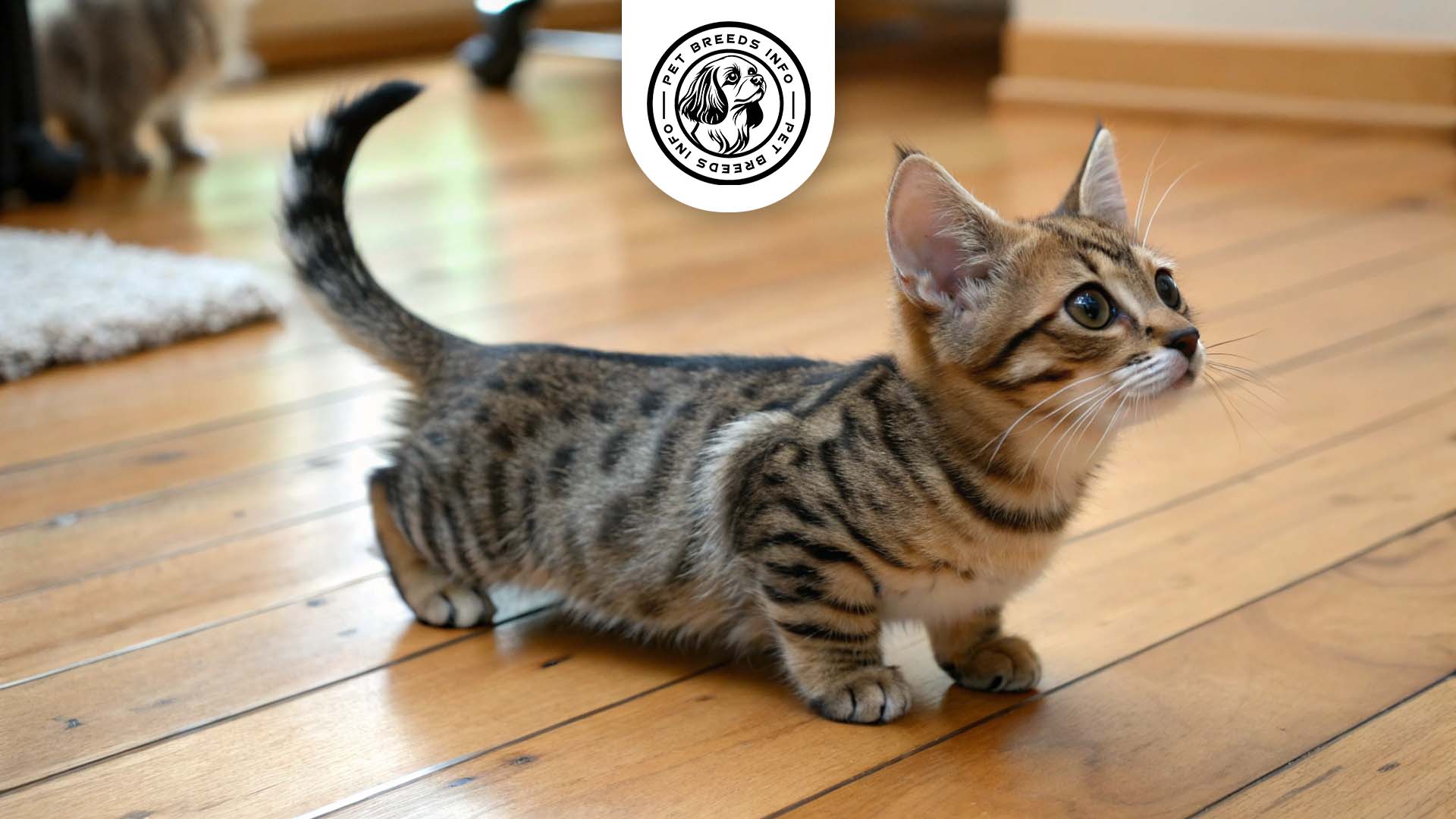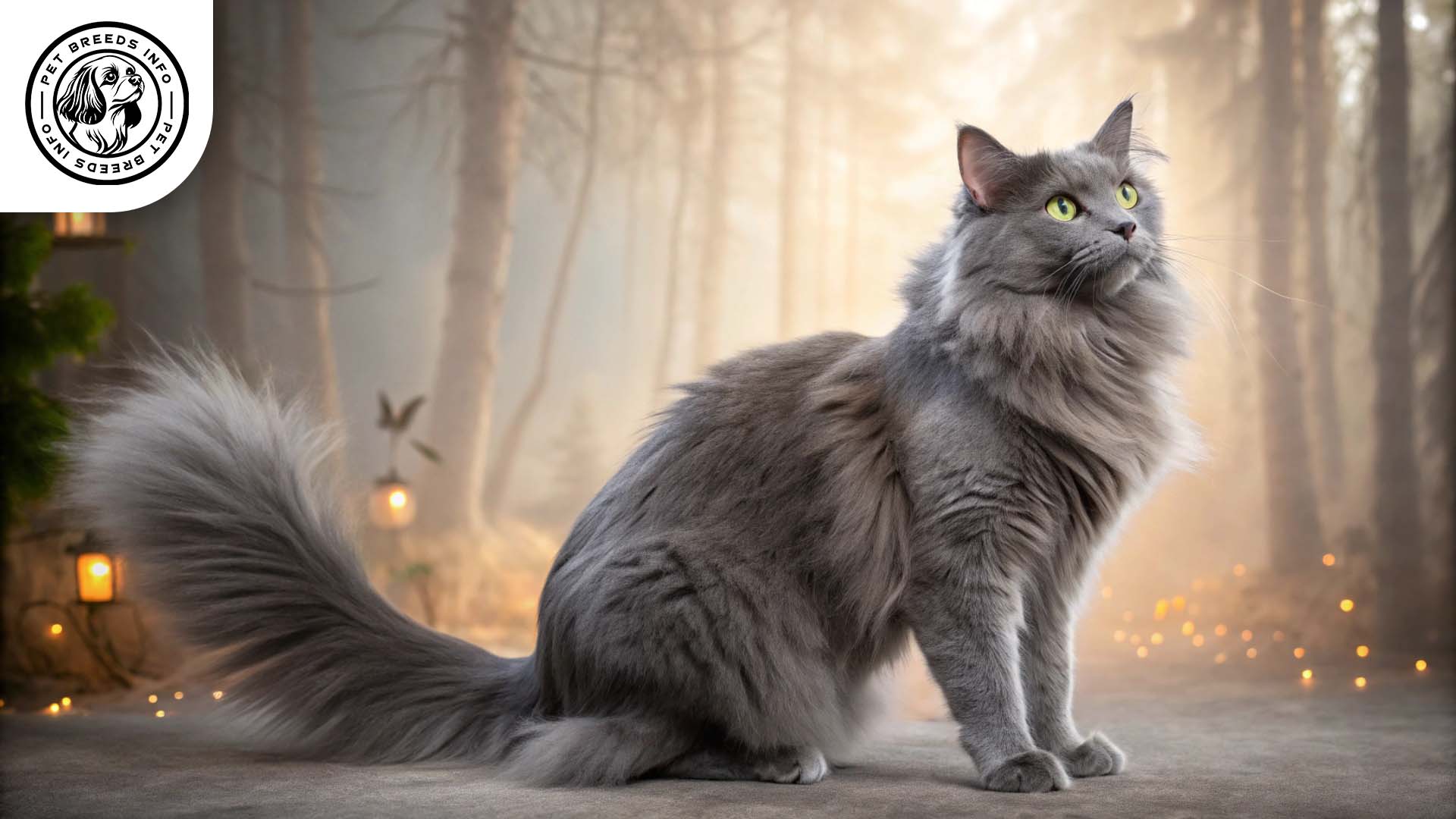Asian Semi-longhair Cat Breed: Size, Price & Personality
General Introduction of the Breed
The Asian Semi-longhair, also known as the Tiffanie, is a rare and elegant cat breed originating from the United Kingdom. This breed was developed in the 1980s as a semi-longhaired variant of the Asian cat breed group, which includes the Burmilla and Bombay.
The breed was created as a result of breeding Burmillas with long-haired cats, producing a feline with a luxurious coat, refined features, and a charming personality.
The Tiffanie, a lovely cat with silky fur, is a blend of beauty and intelligence. This rare breed will be a loyal and playful companion for you.Quick Overview
Affectionate - 60%
Independent - 70%
Intelligent - 95%
Sociable - 85%
Vocal - 60%
Shedding - 65%
Energetic - 75%
73%
100
| Weight | Males: 8-12 lbs (3.6-5.4 kg), Females: 6-10 lbs (2.7-4.5 kg) |
| Lifespan | 12-16 years |
| Color | Various colors and patterns, including solid, tabby, smoke, and shaded |
| Diet | High-quality dry or wet food, balanced with protein, fats, and essential nutrients, two meals per day |
| Care | Regular brushing (2-3 times per week), dental hygiene, nail trimming, ear cleaning, bathing when necessary, ample space for play and activity |
| Health | Prone to common feline conditions like dental and respiratory issues, requires regular check-ups, vaccinations, and parasite prevention |
| Nature | Intelligent, curious, playful, affectionate, loyal, social, good with children and other pets |
| Price | $500-$1,500 (depending on breeder and location) |
Table of Contents
Physical Characteristics
The Asian Semi-longhair is a medium-sized cat with a well-proportioned body. Males typically weigh between 8-12 pounds (3.6-5.4 kg), while females are slightly lighter at 6-10 pounds (2.7-4.5 kg).
Their semi-long coat is silky and fine, requiring regular grooming to prevent tangling. They come in various colors and patterns, including solid, tabby, smoke, and shaded.
Their eyes are large, expressive, and typically green or yellow in color, adding to their striking appearance. The ears are medium-sized, slightly rounded, and set apart. Their tails are long and plumed, enhancing their graceful look.
Read More: Balinese Cat
Personality and Temperament
The Asian Semi-longhair is an intelligent and curious cat, known for its playful and affectionate nature. They are highly interactive and enjoy engaging in games and activities.
They form strong bonds with their owners and are known to be loyal and affectionate. They are also good with children and other pets, making them an excellent choice for families.
While they adjust well to changes, they prefer a stable environment with plenty of attention and stimulation.
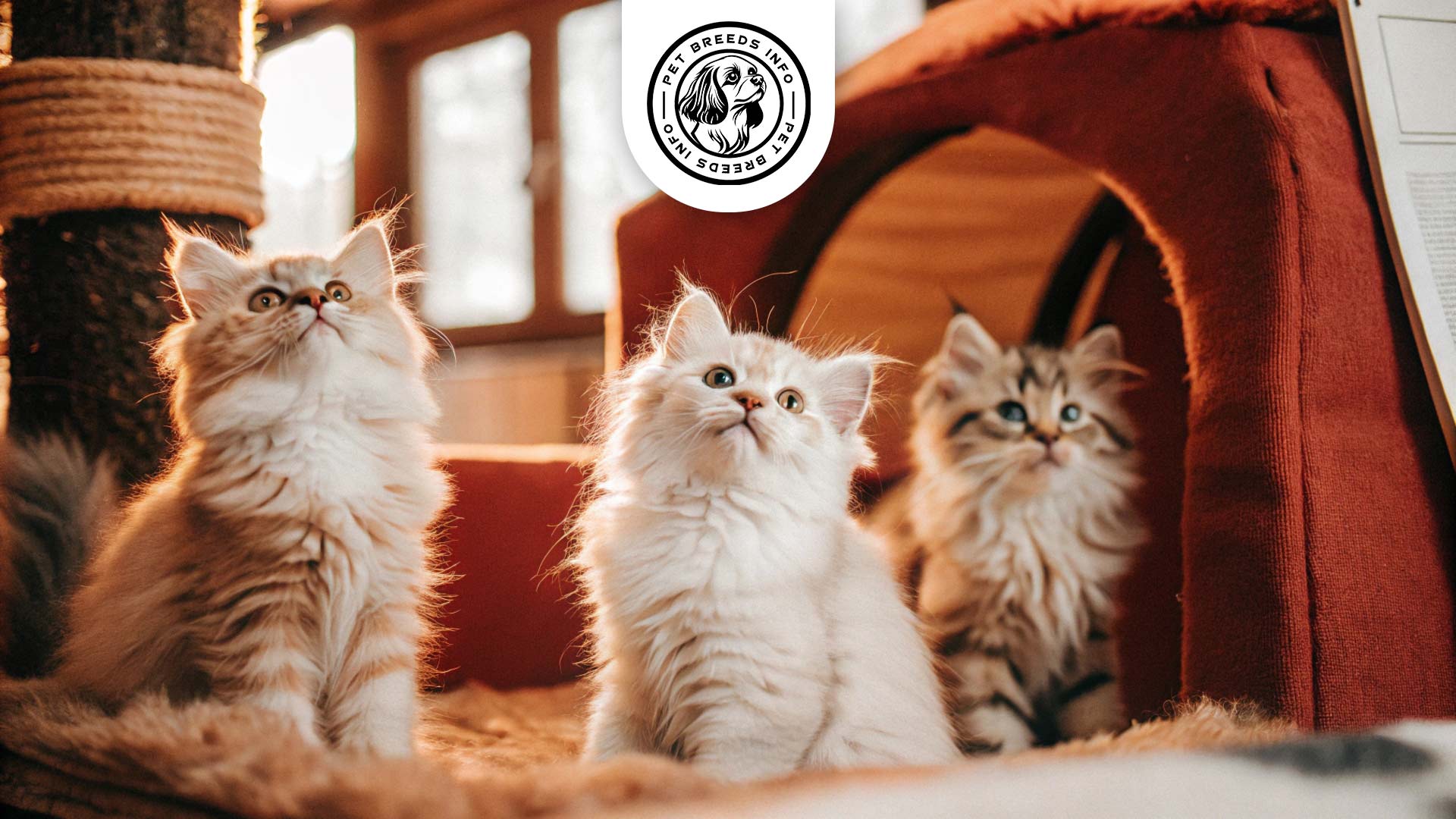
Care and Maintenance Requirements
This breed has moderate exercise needs and enjoys interactive play sessions. They are well-suited for apartment living but appreciate having space to explore.
Grooming requires regular brushing to maintain their silky coat, typically two to three times per week. They are moderate shedders.
They are sensitive to extreme temperatures. Ensure they stay comfortable in both hot and cold conditions. Routine hygiene care includes regular dental cleaning, nail trimming, ear cleaning, and occasional bathing when necessary.
Diet and Nutrition
The Asian Semi-longhair thrives on a high-quality diet, including dry or wet food with a balance of protein, fats, and essential nutrients.
Avoid feeding them human foods such as chocolate, onions, garlic, and dairy products, which can be harmful. Recommended feeding portions depend on their age, activity level, and weight. Generally, two meals per day are sufficient.
Read More: The Abyssinian Cat
Health and Common Medical Issues
This breed is generally healthy, but they may be prone to common feline conditions such as dental disease and respiratory issues.
Regular check-ups, vaccinations, and parasite prevention are essential for maintaining their well-being. The Asian Semi-longhair has an average lifespan of 12-16 years.
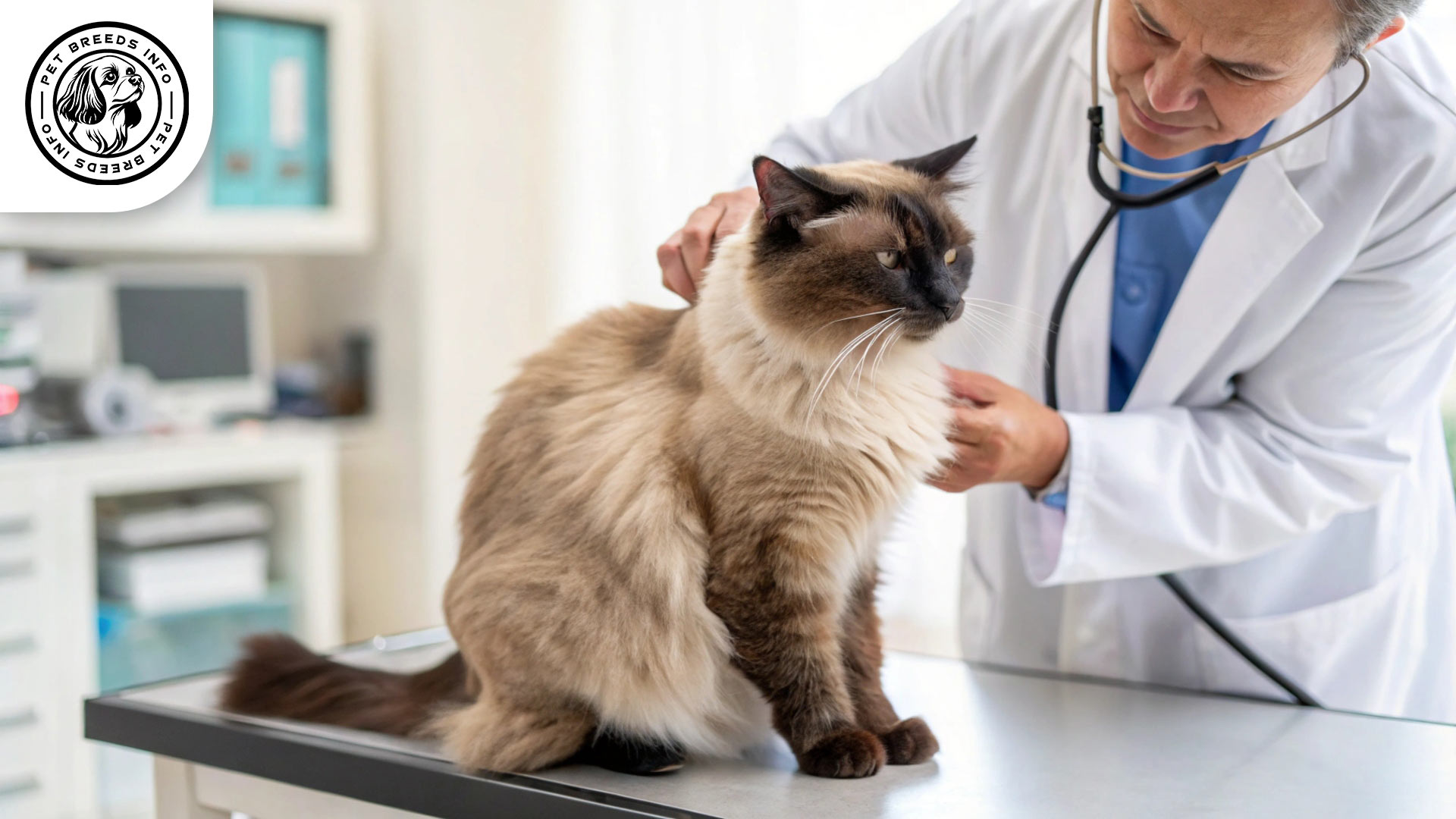
Training and Behavior Management
They are intelligent and respond well to training. Socializing them at an early age helps prevent behavioral issues.
Positive reinforcement methods work best for training, including treats and praise. Providing interactive toys and scratching posts helps keep them mentally and physically stimulated.
Interaction with Other Animals and Humans
Asian Semi-longhairs are affectionate and enjoy being around humans, making them well-suited for families.
They get along well with children and other pets, including dogs and cats, as long as proper introductions are made. Although social, they still appreciate having their independence and personal space.
Read More: Bambino Cat
Price and Availability
The price of an Asian Semi-longhair kitten varies depending on breeder reputation and location, typically ranging from $500 to $1,500.
When adopting or purchasing, always choose reputable breeders or adoption centers to ensure ethical breeding practices. Consider adopting from shelters or breed-specific rescues if possible.
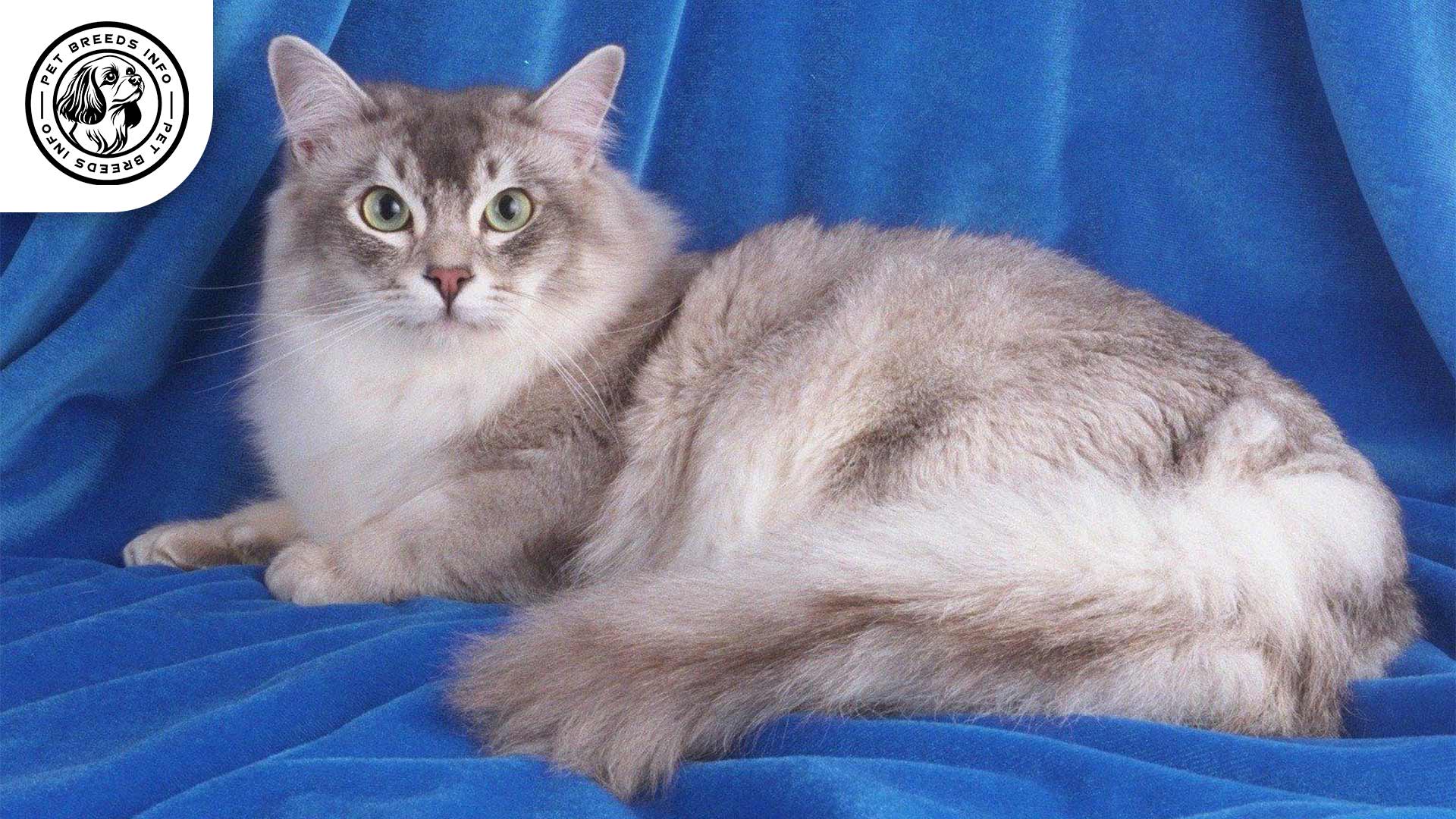
Conclusion and Final Thoughts
The Asian Semi-longhair is a stunning and affectionate cat breed known for its intelligence and playful personality. Its loyal nature makes it an excellent companion for families and individuals alike.
Before getting this breed, consider its grooming needs and social nature. They thrive in homes where they receive ample attention and mental stimulation.
Overall, the Asian Semi-longhair is a wonderful choice for cat lovers looking for a loving and elegant feline companion.
FAQ
What are the personality traits of the Asian Semi-longhair (Tiffanie) cat?
These cats are intelligent, curious, playful, affectionate, and loyal. They are social and get along well with children and other pets.
What kind of care does an Asian Semi-longhair cat need?
These cats require regular brushing (2-3 times per week), dental hygiene, nail trimming, ear cleaning, and bathing when necessary. They also need ample space for play and activity.
What is the lifespan of an Asian Semi-longhair cat?
The average lifespan of these cats is 12-16 years
How much does an Asian Semi-longhair cat cost?
The price of these cats typically ranges from $500 to $1,500, depending on the breeder and location.
What is a suitable diet for an Asian Semi-longhair cat?
These cats need high-quality dry or wet food that is balanced with protein, fats, and essential nutrients. Two meals a day are usually sufficient for them.
